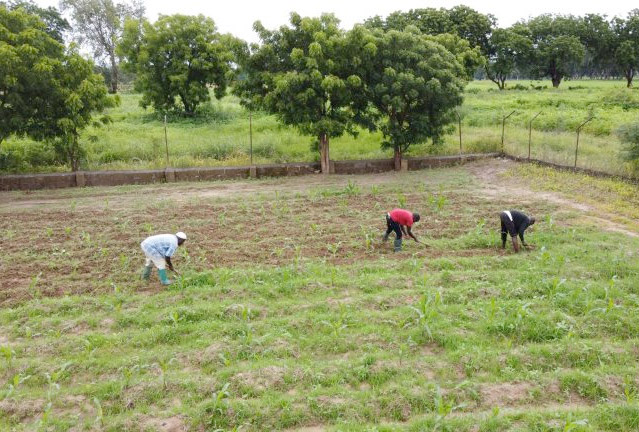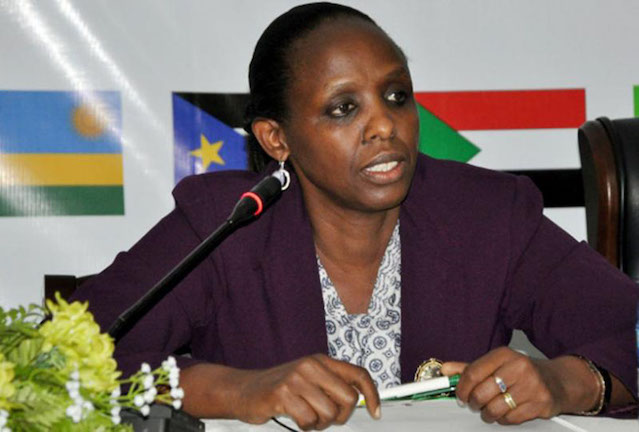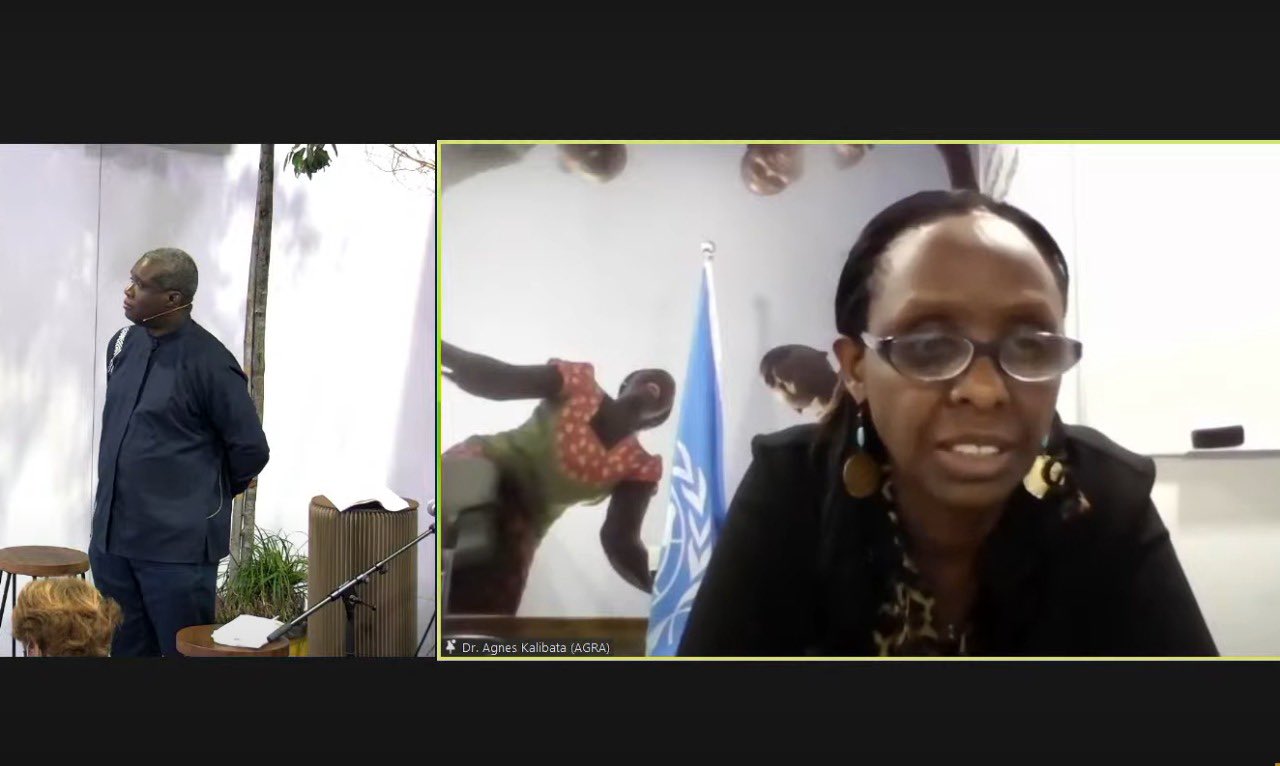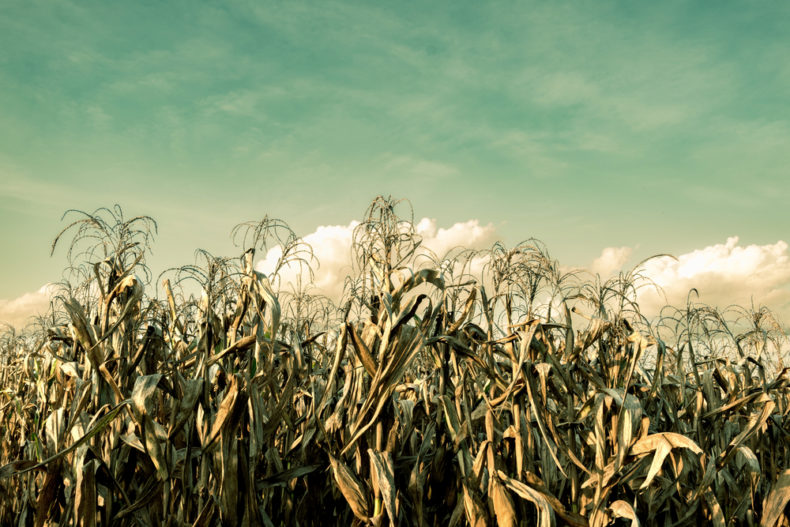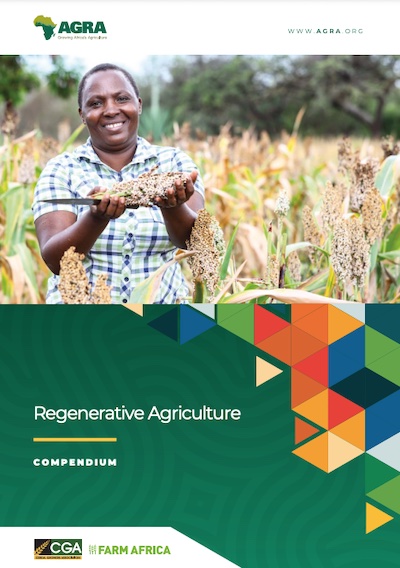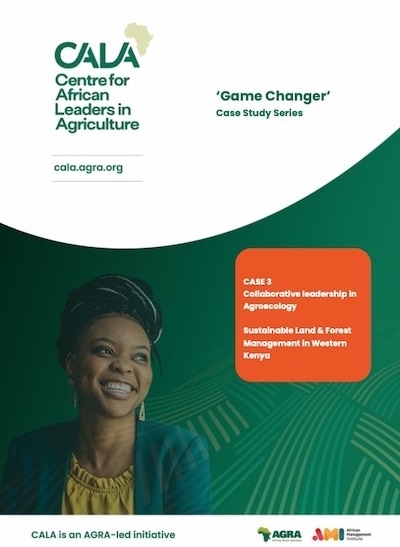Resilience
AGRA recognizes that shocks and stressors can undermine the outcomes achieved of AGRA’s interventions – these include droughts, floods, pests and disease outbreaks, market prices and other externalities. Other stressors include environmental degradation, soil fertility decline, poor infrastructure and social issues, especially among the youth. The frequency or likelihood of occurrence and the severity of the effect of these on smallholder farmers and systems may vary from country to country or within countries. Systematic and context specific risk and resilience analytics are therefore central to AGRA’s responses.
AGRA’s resilience interventions are designed to build capacities that enhance good agricultural practices while at the same time increase the ability to adopt and adapt appropriate responses to shocks and stressors.
Building resilience of smallholder farming and food systems require an integrated and system-wide approach which requires partnerships and dedicated resources. AGRA therefore works within its core systems to ensure innovation, adaptation and sustainability for resilient outcomes in agriculture transformation.
Framework for Climate Adaptation
The risks of climate change and extreme weather to agriculture in Africa is high due to the prevailing rain-fed agriculture system. These risks have a high likelihood of causing production and value chain disruptions. From an environmental perspective, agriculture is a major contributor to climate change through land use change such as wetland conversion, soil disturbance, land clearance and deforestation.
Whilst climate change presents challenges to agriculture, particularly that of smallholders, it also presents a window of opportunity to transform agriculture systems to generate multiple benefits to both people and planet. Building adaptation capacities in agriculture through resilience has demonstrated the ability for inclusivity in actors (gender, youth, marginalized communities, public and private sector stakeholders), integration in approach to agriculture practices as well as sectoral integration, social and economic growth, environmental management and climate mitigation action.
The role of women is of particular importance to building resilience in agriculture. Women in sub-Saharan Africa generally run households and livelihoods, they are therefore vital to climate change adaptation and other resilience building measures.
AGRA’s resilience interventions are designed to build capacities that enhance good agricultural practices while at the same time increase the ability to adopt and adapt appropriate responses to shocks and stressors.





